THE YEAR 1953 brought a mixture of awe and anxiety as nations balanced between war recovery and Cold War escalation. The death of Joseph Stalin in March sent shockwaves through the communist world, while Queen Elizabeth II’s coronation in June symbolised postwar renewal for Britain. In science, the discovery of DNA's structure revolutionised biology, and on Mount Everest, humanity reached new literal heights.
Across the globe, nuclear tests, espionage trials, and decolonisation struggles shaped the year. The Korean War finally reached a ceasefire, and television emerged as the dominant medium of public engagement. 1953 was a year defined by contrast: tradition met modernity, science challenged politics, and the world watched closely as the postwar order began to realign.
Purchase your very own 1953 newspaper from our archives!
January
5 January: The De Havilland Comet 2 and the Vickers Valiant jet bomber both completed maiden flights, highlighting Britain’s leadership in aviation technology.
7 January: President Truman publicly acknowledged that the United States had developed a hydrogen bomb, marking a pivotal moment in the arms race.
14 January: Josip Broz Tito was formally elected President of Yugoslavia under a revised constitution, reinforcing his role as a dominant figure in postwar Eastern Europe.
19 January: A powerful winter storm brought hurricane-force winds to southern England, disrupting rail services and power supplies across the region.
20 January: Dwight D. Eisenhower was inaugurated as the 34th President of the United States, succeeding Harry S. Truman in Washington, D.C.

The U.S. Capitol and the Inaugural platform during ceremonies marking the Inauguration of Dwight D. Eisenhower. Image: Wikipedia
26 January: Fleetwood Mac's future frontman, John McVie, was born in Ealing, London.
28 January: Derek Bentley was executed at Wandsworth Prison following a highly controversial trial that later played a central role in the campaign to abolish capital punishment in the UK.
30 January: The second series of the BBC’s Sunday Night Theatre debuted, showcasing the network’s commitment to live televised drama.
31 January: Coastal areas of eastern England began preparing for severe storms, which would culminate in devastating flooding early the following month.
February
1 February: The North Sea flood reached Britain’s east coast, breaching sea defences and killing over 300 people. This disaster led to major investment in coastal protection.
5 February: Sweet rationing was officially lifted in the UK, delighting children and marking one of the final steps in postwar recovery.
11 February: President Eisenhower rejected clemency appeals for Julius and Ethel Rosenberg, convicted of passing atomic secrets to the Soviets.
15 February: The West End production of The King and I began its run at the Theatre Royal, Drury Lane, with strong critical acclaim.
18 February: First televised UK weather forecasts were introduced by the BBC, initiating a long tradition in British broadcasting.
22 February: At the British Film Academy Awards, The Sound Barrier won Best British Film.
24 February: Flood recovery operations intensified across East Anglia, with military personnel assisting in relief efforts.
28 February: James Watson and Francis Crick informed colleagues at Cambridge that they had identified the structure of DNA. The announcement was informal but would become historic.
March
1 March: The storm surge and flood devastation continued to affect coastal communities in the Netherlands, Belgium, and eastern England, where rebuilding efforts were underway.
5 March: Joseph Stalin died in Moscow after suffering a stroke. His death marked the end of an era in Soviet politics and prompted mourning and unease around the world.
9 March: Across the Eastern Bloc, Stalin’s death led to public vigils, while Western governments debated how this shift might impact the Cold War balance.
10 March: The British government abolished compulsory identity cards, a wartime measure that had remained in force since 1939.
17 March: A US B-47 bomber accidentally dropped a nuclear weapon near Florence, South Carolina. It did not detonate but caused a serious conventional explosion.
23 March: In New York, the Rosenbergs’ final legal appeal was denied by the US Supreme Court.
26 March: Dr Jonas Salk announced that he had successfully tested a vaccine for poliomyelitis, a breakthrough in medical science.
30 March: Albert Einstein issued a global warning about the threat of nuclear weapons, calling for diplomacy and disarmament in an open letter.
April
7 April: Dag Hammarskjöld of Sweden was elected Secretary-General of the United Nations following the resignation of Trygve Lie.
13 April: Casino Royale by Ian Fleming was published in the UK, introducing the literary character James Bond to readers for the first time.
14 April: The British Army confirmed it would begin troop withdrawals from Korea following peace talks.
16 April: Queen Elizabeth II launched the Royal Yacht Britannia at the John Brown shipyard in Clydebank, Scotland.
18 April: Watson and Crick’s paper on the structure of DNA was published in the journal Nature, describing the double helix model that would transform biology.
20 April: The Quatermass Experiment premiered on the BBC, marking an early landmark in science fiction television.
22 April: The Mau Mau uprising escalated in Kenya, with British authorities reporting increased violence and unrest.
24 April: Winston Churchill was knighted by Queen Elizabeth II during a formal investiture at Buckingham Palace.
Step into the story of Winston Churchill

28 April: The final report of the Beveridge Committee on national insurance was debated in the House of Commons, reflecting Britain’s evolving welfare state.
May
2 May: Hussein bin Talal became King of Jordan following his father’s abdication due to mental illness.
6 May: Tony Benn won the Bristol South East by-election and entered Parliament, beginning a long career of left-wing advocacy.
15 May: New details of the Everest expedition emerged, suggesting that climbers were approaching the final ascent, though confirmation would come later.
18 May: American aviator Jacqueline Cochran broke the sound barrier in an F-86 Sabre, becoming the first woman to achieve this feat.
21 May: The UK passed the Housing Repairs and Rents Act, extending rent control and providing funds for postwar housing improvements.
25 May: Public television broadcasting began in Paris, making France the second country in Western Europe with a regular TV service.
26 May: The Government of India confirmed support for the Everest expedition, contributing logistics and Sherpa expertise.
29 May: Edmund Hillary and Tenzing Norgay successfully reached the summit of Mount Everest, becoming the first humans known to do so.
31 May: The Coronation Commission completed final rehearsals for the Queen’s ceremony, including preparations for television broadcast.
June
2 June: Queen Elizabeth II was crowned at Westminster Abbey. It was the first coronation broadcast live on television and watched by over 20 million in the UK alone.
Delve deeper into the story of Queen Elizabeth II
 Queen Elizabeth II. Image: Wikipedia
Queen Elizabeth II. Image: Wikipedia
4 June: British newspapers reported worldwide interest in the coronation, with foreign dignitaries and millions of viewers marking the event.
8 June: John Christie, convicted of murdering multiple women at 10 Rillington Place, was executed at Pentonville Prison.
13 June: Julius and Ethel Rosenberg were executed by electric chair at Sing Sing Prison, prompting international protests and debate over their trial.
16 June: Soviet authorities confirmed the arrest of former secret police chief Lavrentiy Beria, accused of treason and abuse of power.
20 June: In London, a mass anti-nuclear demonstration was held in Trafalgar Square in response to recent atomic tests.
23 June: The British government officially announced the success of the Everest expedition, timed to coincide with coronation celebrations.
27 June: The French Assembly debated the European Defence Community treaty, but widespread opposition continued to grow.
29 June: Soviet leaders introduced limited economic reforms and reorganised the security services as Beria’s purge continued.
July
4 July: The Royal Air Force participated in a massive fly-past over London as part of post-coronation celebrations.
9 July: Queen Elizabeth II opened her first session of Parliament in full state ceremony since ascending the throne.
14 July: The British National Health Service announced new funding for polio vaccination pilot programs.
19 July: Sir John Hunt and Edmund Hillary were knighted for their leadership and bravery during the Everest expedition.
24 July: The Ministry of Labour published a report showing continued economic recovery and reduced postwar unemployment.
27 July: The Korean Armistice Agreement was signed at Panmunjom, ending three years of warfare. Although peace was not declared, active fighting ceased.
Learn more about military history through newspaper headlines in our books!
28 July: In the United States, the Department of Defense established a new nuclear civil defence policy with increased funding.
30 July: BOAC continued expanding transatlantic jetliner service using the de Havilland Comet.
31 July: The Board of Trade released new data showing record levels of car production and exports from British manufacturers.
August
1 August: A record-breaking heatwave affected southern Britain, with temperatures exceeding 33°C in London.
5 August: The UK conducted a nationwide civil defence drill simulating a nuclear strike as Cold War tensions remained high.
8 August: The Soviet newspaper Pravda published its first major attack on Lavrentiy Beria following his arrest, signalling a political shift.
12 August: The Soviet Union tested its first hydrogen bomb at the Semipalatinsk site in Kazakhstan, marking a new phase in the nuclear arms race.
18 August: Percy Thrower made his first appearance as the BBC’s national gardening expert, launching decades of British gardening television.
20 August: In the United States, the CIA approved Operation Ajax to overthrow Iran's Prime Minister Mohammad Mossadegh, with British intelligence support.
24 August: The UK government released a white paper outlining plans for motorway development, laying the groundwork for the future M1.
29 August: The USSR officially confirmed Beria's removal from office, continuing the process of de-Stalinisation.
31 August: The British Iron and Steel Federation reported a postwar production record, supporting Britain’s ongoing economic recovery.
September
1 September: The Ministry of Education announced a review of secondary modern schools, responding to growing concern over the 11-plus system.
4 September: The New York Yankees clinched their fifth consecutive American League title, an unmatched run in baseball history.
9 September: The BBC made experimental colour television broadcasts using the NTSC system for the first time, though regular colour TV would come later.
14 September: Nikita Khrushchev was named First Secretary of the Communist Party of the Soviet Union, increasing his control over Soviet policy.
17 September: Rolls-Royce launched the Silver Dawn model with automatic transmission for the UK market, catering to postwar affluence.
20 September: British Rail introduced its first diesel-electric locomotive service between London and Birmingham.
23 September: Unemployment in the UK fell to a postwar low of under 300,000 people, reflecting strong industrial growth.
26 September: British actress Diana Dors starred in Is Your Honeymoon Really Necessary?, marking her rise as a national film icon.
30 September: Nottingham Forest unveiled plans for stadium expansion to accommodate rising attendance and matchday demand.

October
2 October: The British Medical Journal published a study linking smoking to lung cancer, one of the earliest major public warnings.
4 October: British troops in Kenya expanded operations against the Mau Mau, with mass arrests and curfews imposed in rural areas.
8 October: A catastrophic train crash at Harrow and Wealdstone Station killed 112 people and injured over 300. It remains Britain’s deadliest postwar rail disaster.
10 October: The first commercial TV advertisement aired in Canada, paving the way for ITV's similar plans in Britain.
14 October: Winston Churchill was awarded the Nobel Prize in Literature for his historical writings and stirring speeches.
20 October: A state of emergency was officially declared in Kenya due to intensified Mau Mau violence.
24 October: The United Nations celebrated UN Day with educational programming broadcast in Britain and the US.
26 October: The BBC debuted Panorama, a weekly current affairs programme that would become a fixture in British broadcasting.
30 October: The UK government launched a major campaign promoting civil defence awareness and home preparedness.
November
2 November: The UK saw a record number of births registered in a single month, part of the continuing postwar baby boom.
4 November: President Eisenhower proposed the Atoms for Peace plan in a speech to the UN General Assembly, promoting peaceful nuclear energy.
9 November: Welsh poet Dylan Thomas died in New York at age 39 after collapsing outside a Manhattan tavern, sparking a cultural outpouring in Britain.
12 November: The Soviet Union announced the establishment of new agricultural cooperatives under Khrushchev’s leadership.
 Nikita Khrushchev. Image: Wikipedia
Nikita Khrushchev. Image: Wikipedia
16 November: Alexandros Papagos won the Greek general election, forming a conservative government aligned with Western powers.
20 November: The National Gallery in London reopened fully after years of postwar restoration and cleaning.
23 November: UK Foreign Secretary Anthony Eden voiced British support for US strategic policies in the Middle East.
26 November: A new agreement was signed between the UK and Canada to expand atomic energy cooperation for peaceful purposes.
30 November: The first issue of Playboy magazine was printed in the United States, with a cover featuring Marilyn Monroe. It would go on sale in early December.
December
1 December: Hugh Gaitskell was elected Leader of the Labour Party, succeeding Clement Attlee and moving the party in a more centrist direction.
5 December: The new Kodachrome II colour film process was launched in Britain, offering amateur photographers improved colour quality.
10 December: Winston Churchill accepted the Nobel Prize in Literature via a recorded message from London, as he was unable to attend the Stockholm ceremony in person.
15 December: Boeing completed test flights of its prototype 367-80 jet airliner, which would form the basis of the future 707.
18 December: The Royal Festival Hall in London hosted a performance by the Berlin Philharmonic Orchestra, strengthening postwar cultural ties.

The Berlin Philharmonic Orchestra performing at the Royal Festival Hall. Image: Wilhelm Chang
21 December: The BBC announced the creation of a second television channel to meet the growing demand for diverse programming, which would later become BBC Two.
24 December: Queen Elizabeth II delivered her Christmas broadcast on television for the first time, marking a new tradition for royal communication.
27 December: The London Zoo reported a postwar attendance record, reflecting increased public leisure spending.
29 December: Lavrentiy Beria was executed in Moscow following a secret trial. His death marked the end of Stalin's feared security apparatus.
Key Events of 1953
The Coronation of Queen Elizabeth II
ON 2 JUNE, Queen Elizabeth II was crowned in Westminster Abbey in front of thousands of guests and millions of television viewers. The event marked the first coronation to be broadcast live on television and was seen as a milestone in both British tradition and modern broadcasting. Despite postwar austerity, the occasion was celebrated with street parties and global media coverage. The Queen's coronation symbolised continuity and optimism in a country rebuilding after the Second World War.
The Death of Stalin and the Soviet Power Shift
THE SUDDEN death of Joseph Stalin on 5 March changed the course of Soviet politics and had international ramifications. After decades of iron-fisted rule, his passing triggered a power struggle among top officials. Lavrentiy Beria, once head of the feared NKVD, was arrested in June and executed by December. Nikita Khrushchev’s rise to First Secretary signalled the beginning of a new direction in Soviet governance. Western powers viewed these events cautiously, unsure of whether they heralded reform or further repression.
The Discovery of DNA’s Double Helix
IN A MODEST announcement in February followed by a formal publication on 18 April, scientists James Watson and Francis Crick revealed the structure of DNA. Their identification of the double helix shape laid the foundation for molecular biology and transformed the understanding of genetics. Their work, which also drew on Rosalind Franklin’s critical X-ray diffraction images, opened the door to revolutionary advances in medicine, heredity, and biotechnology that would shape the coming decades.
James Watson and Francis Crick with their DNA model at the Cavendish Laboratories in 1953. Image: Science History Institute

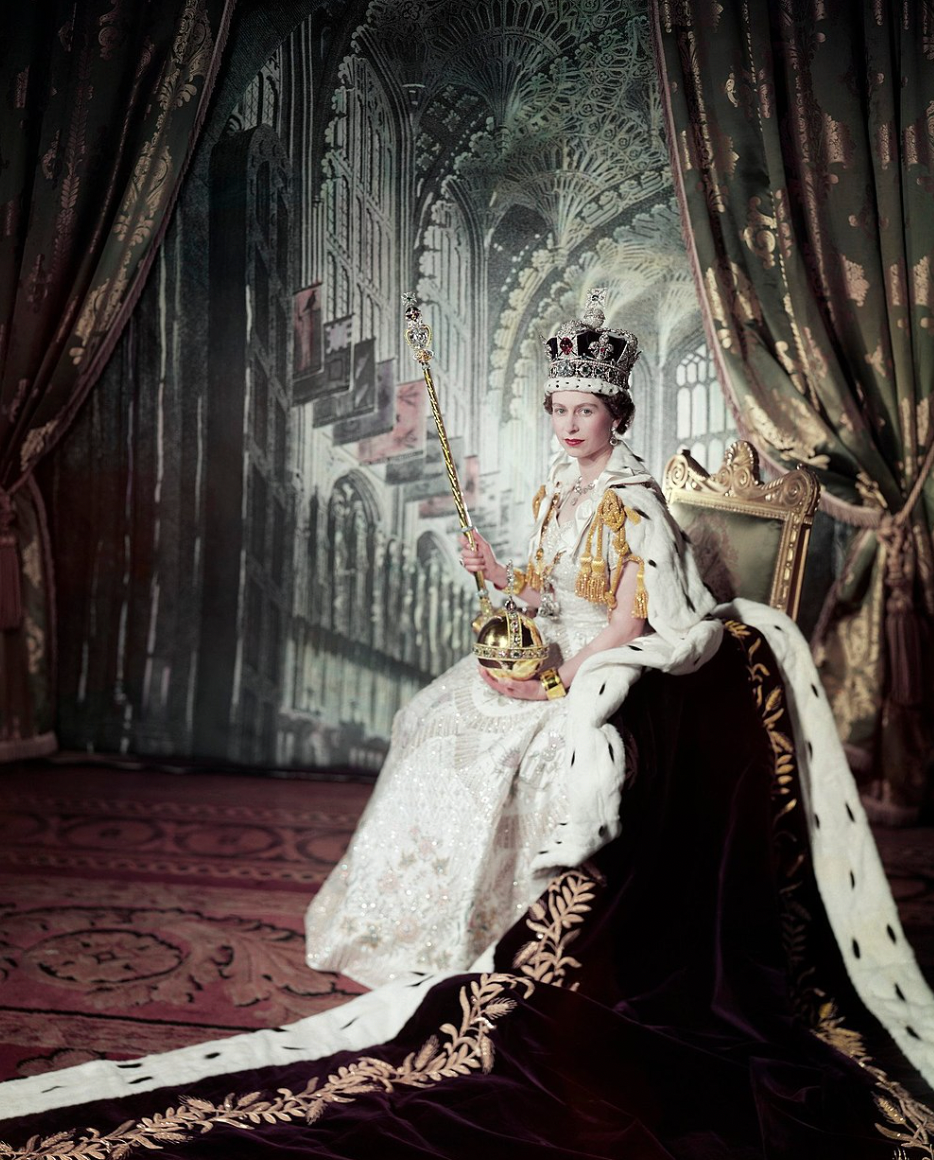
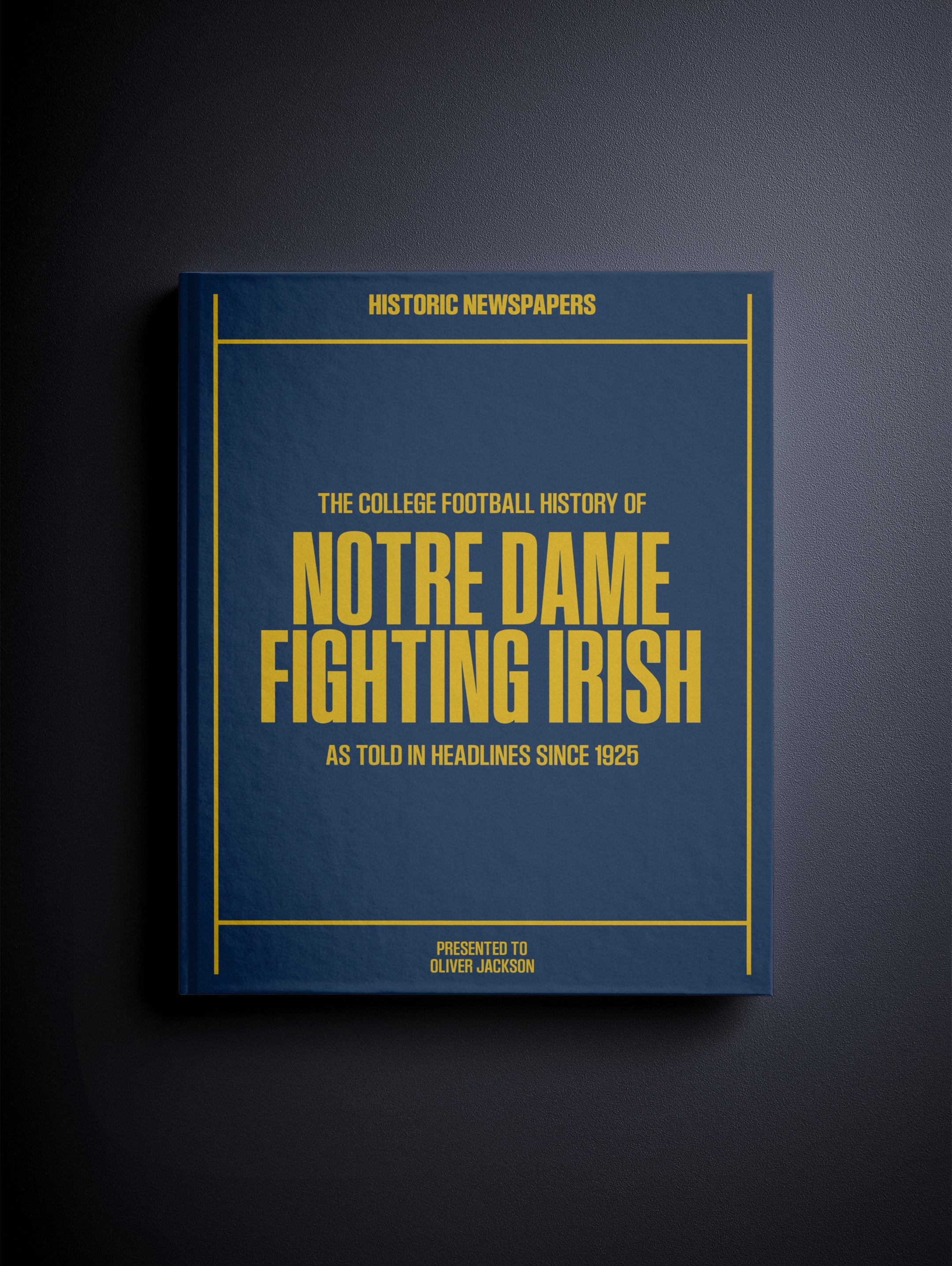
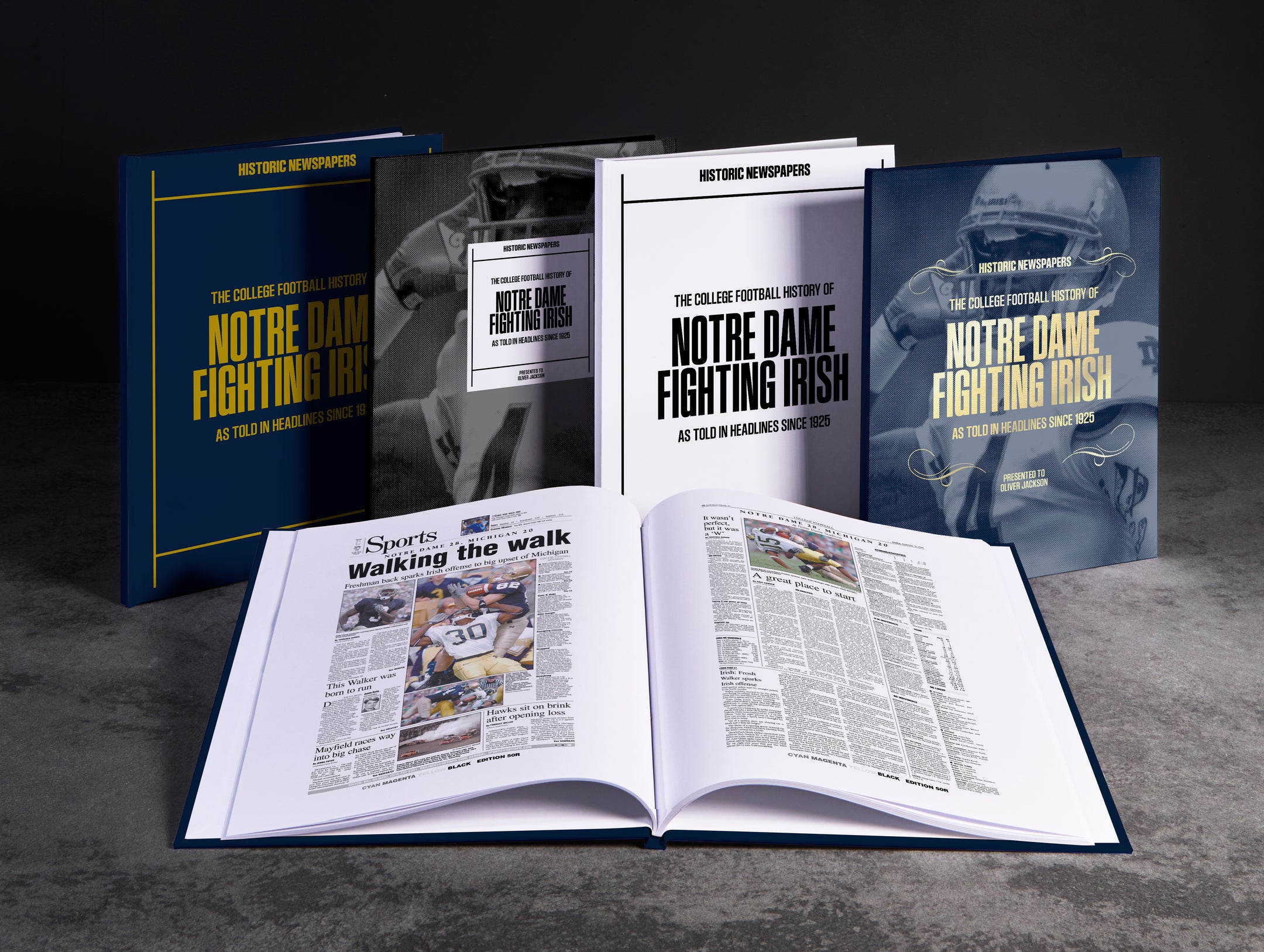
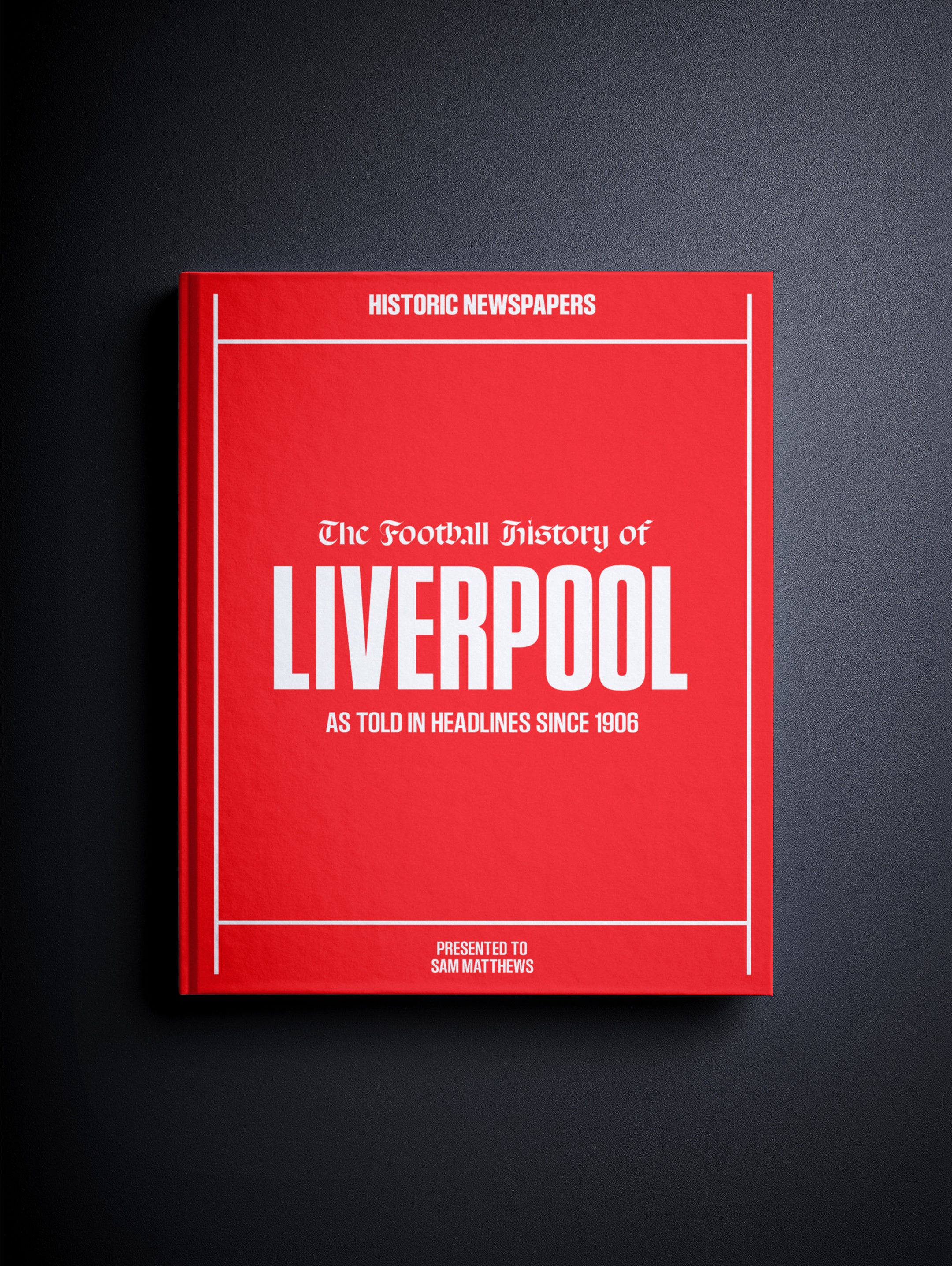
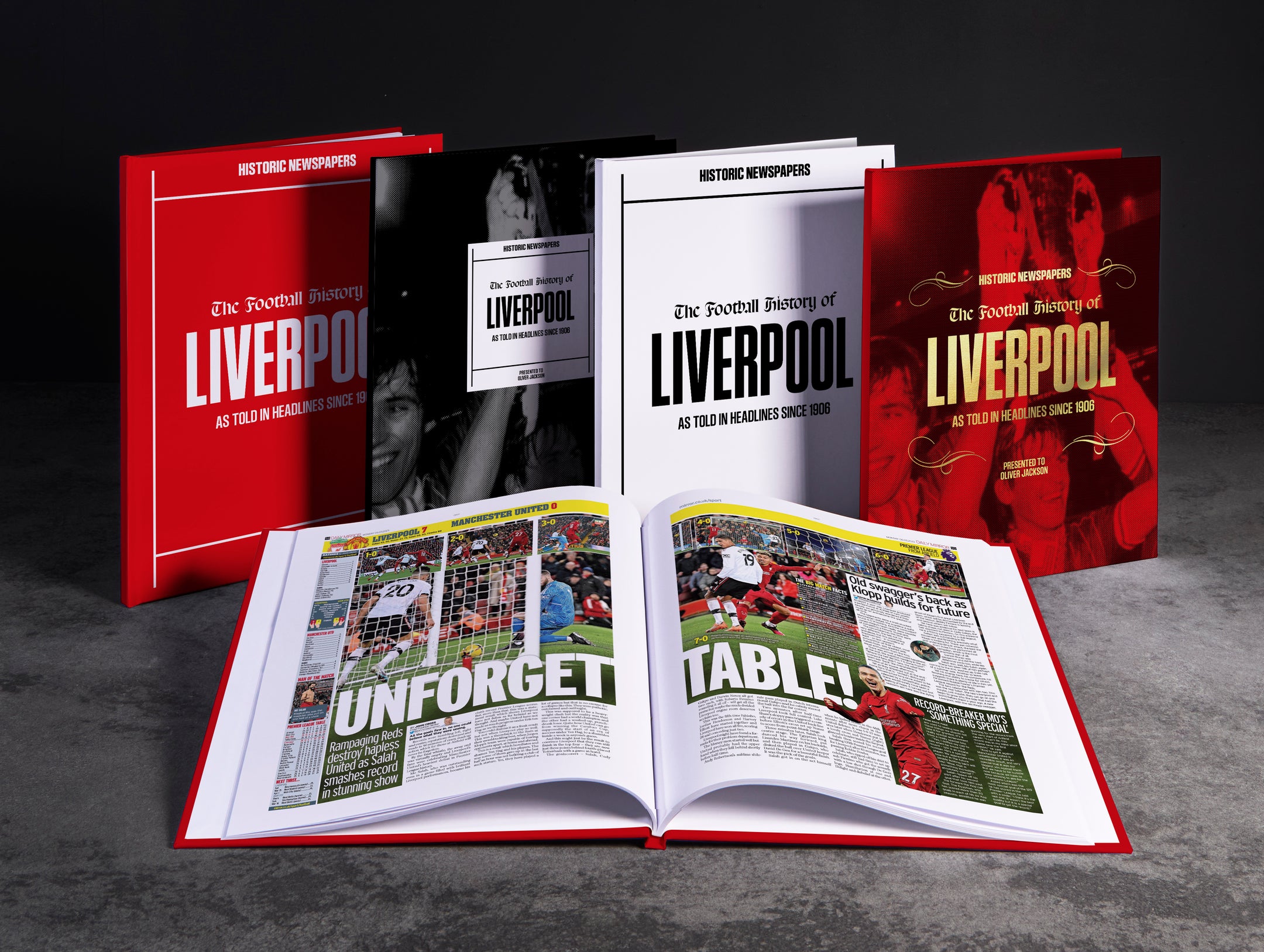


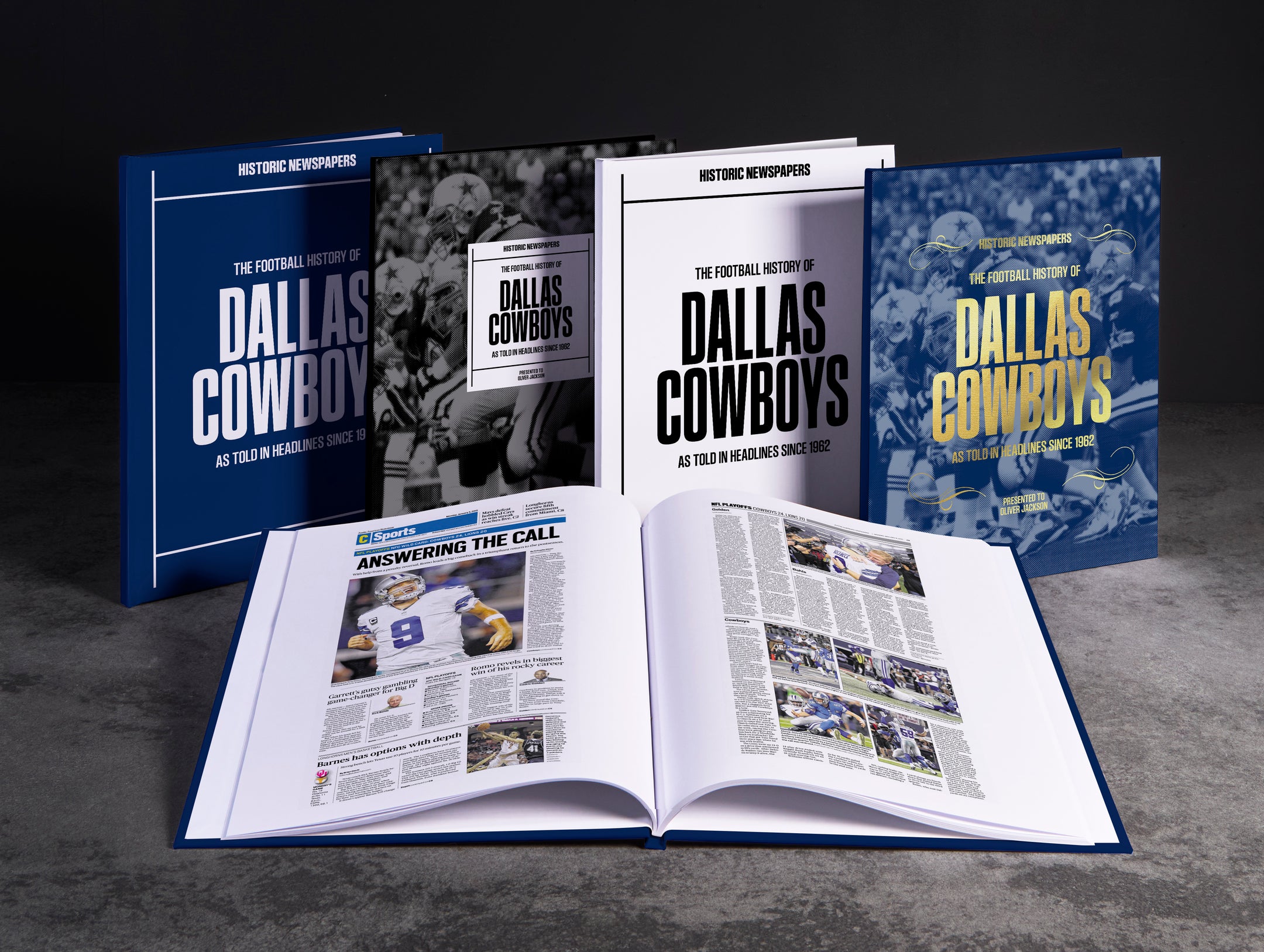
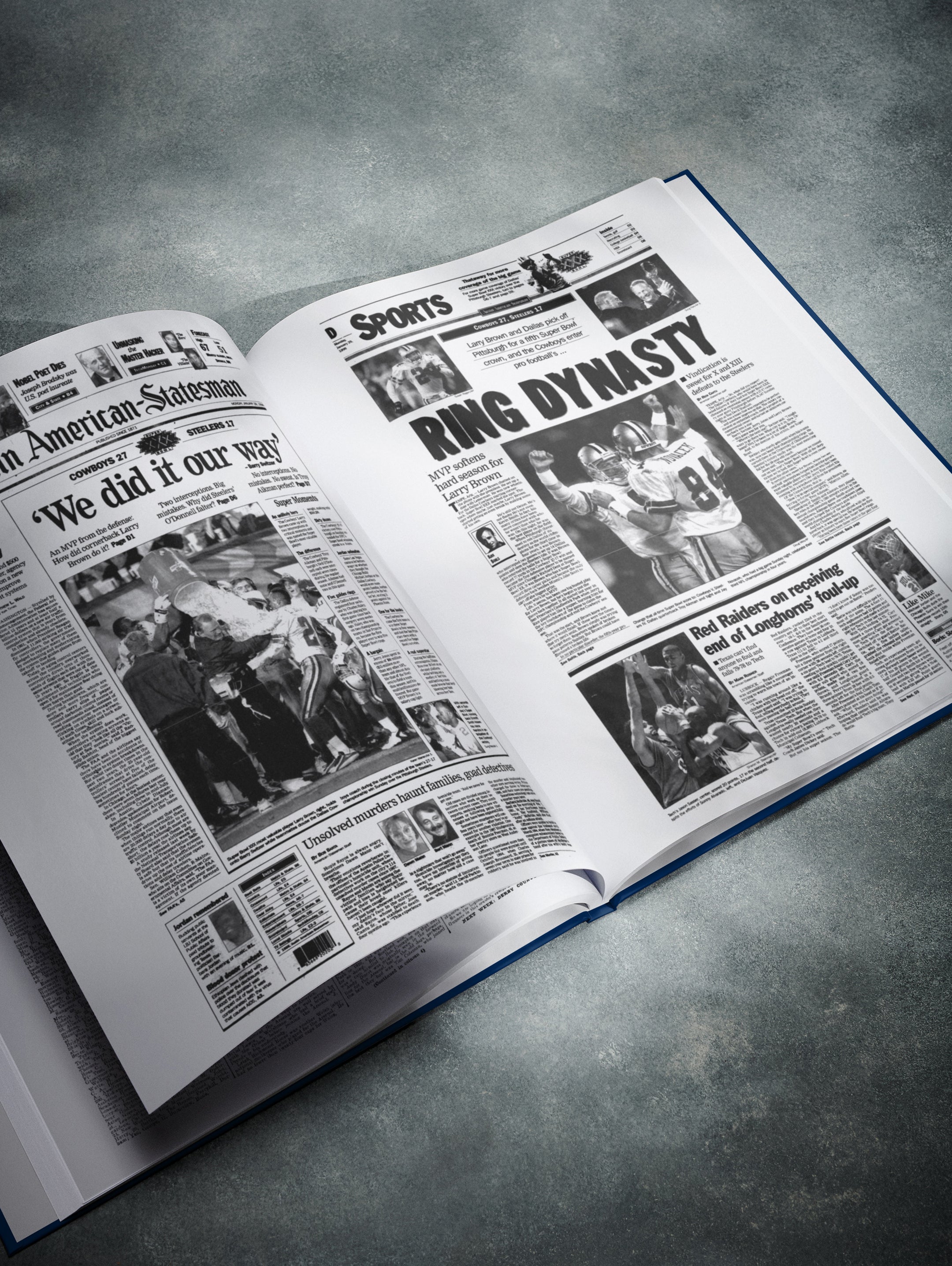
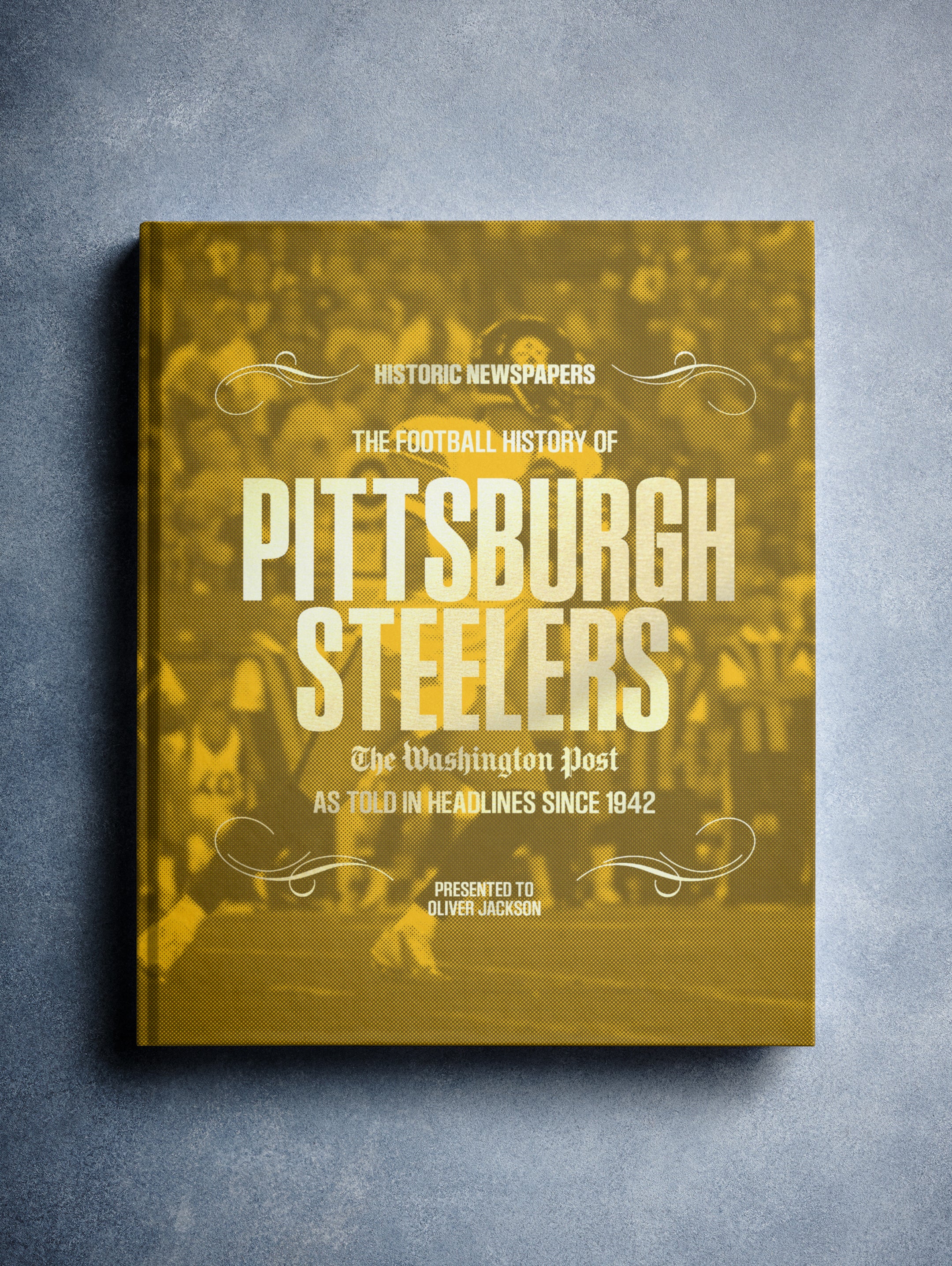

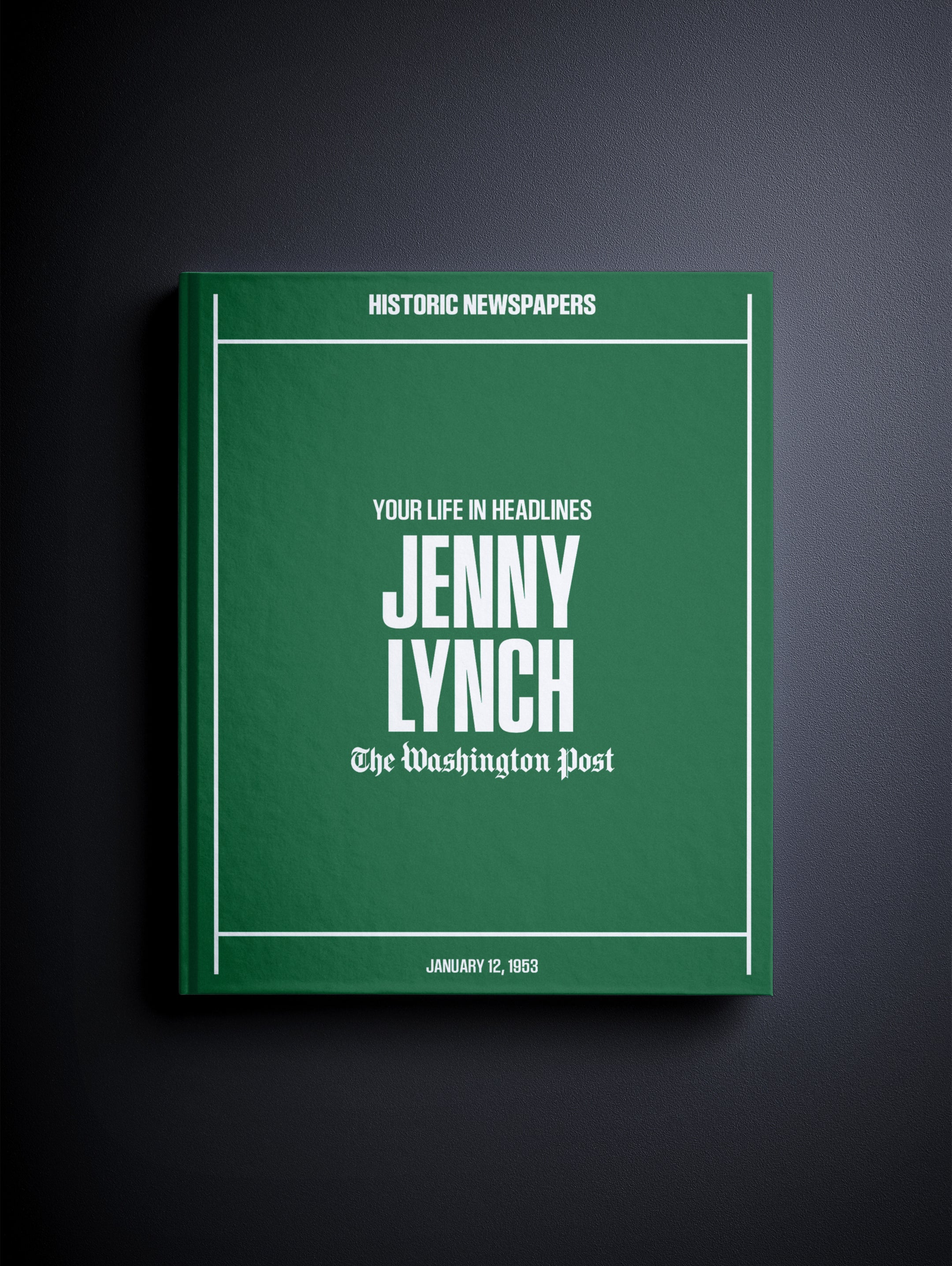
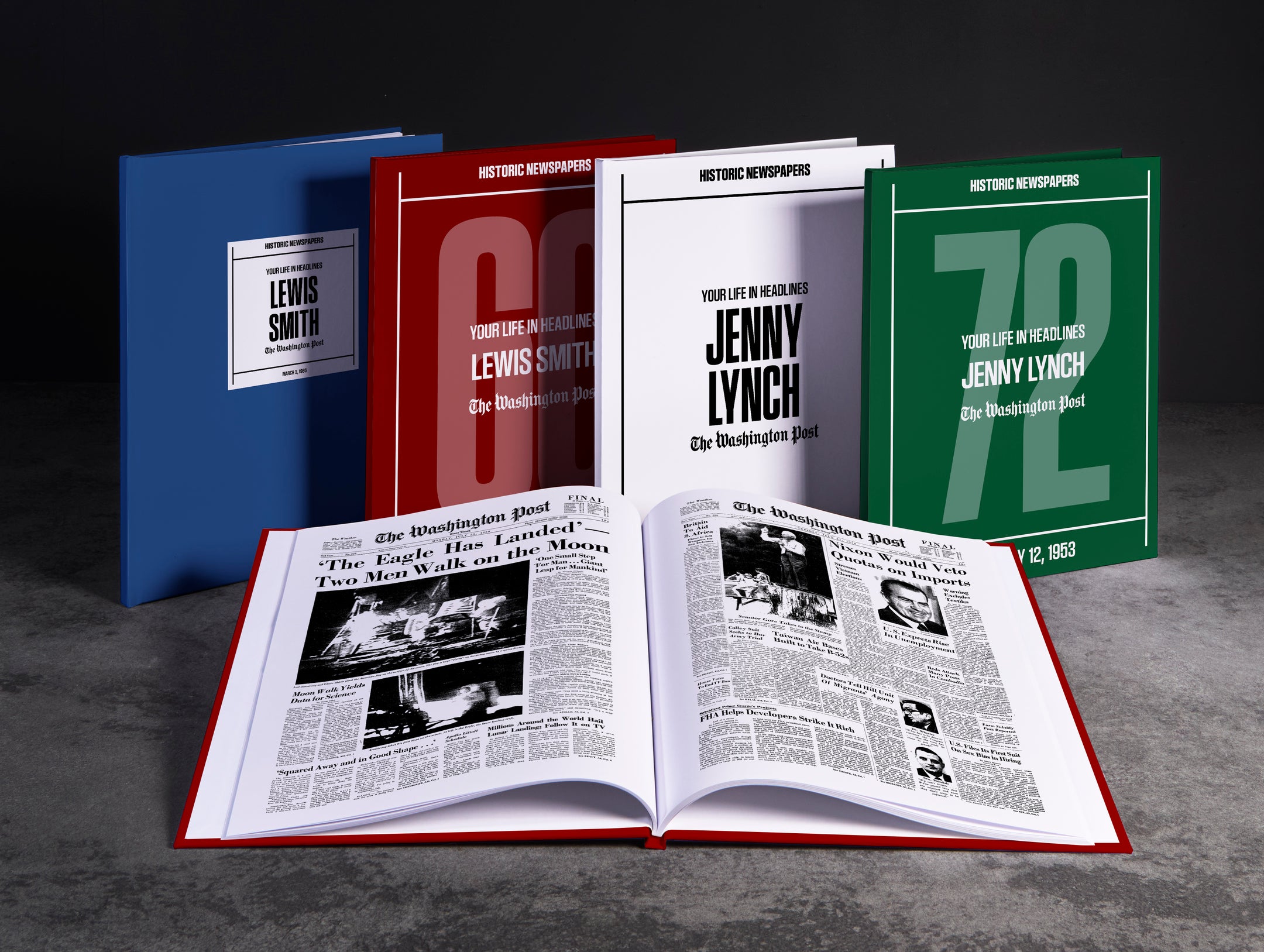


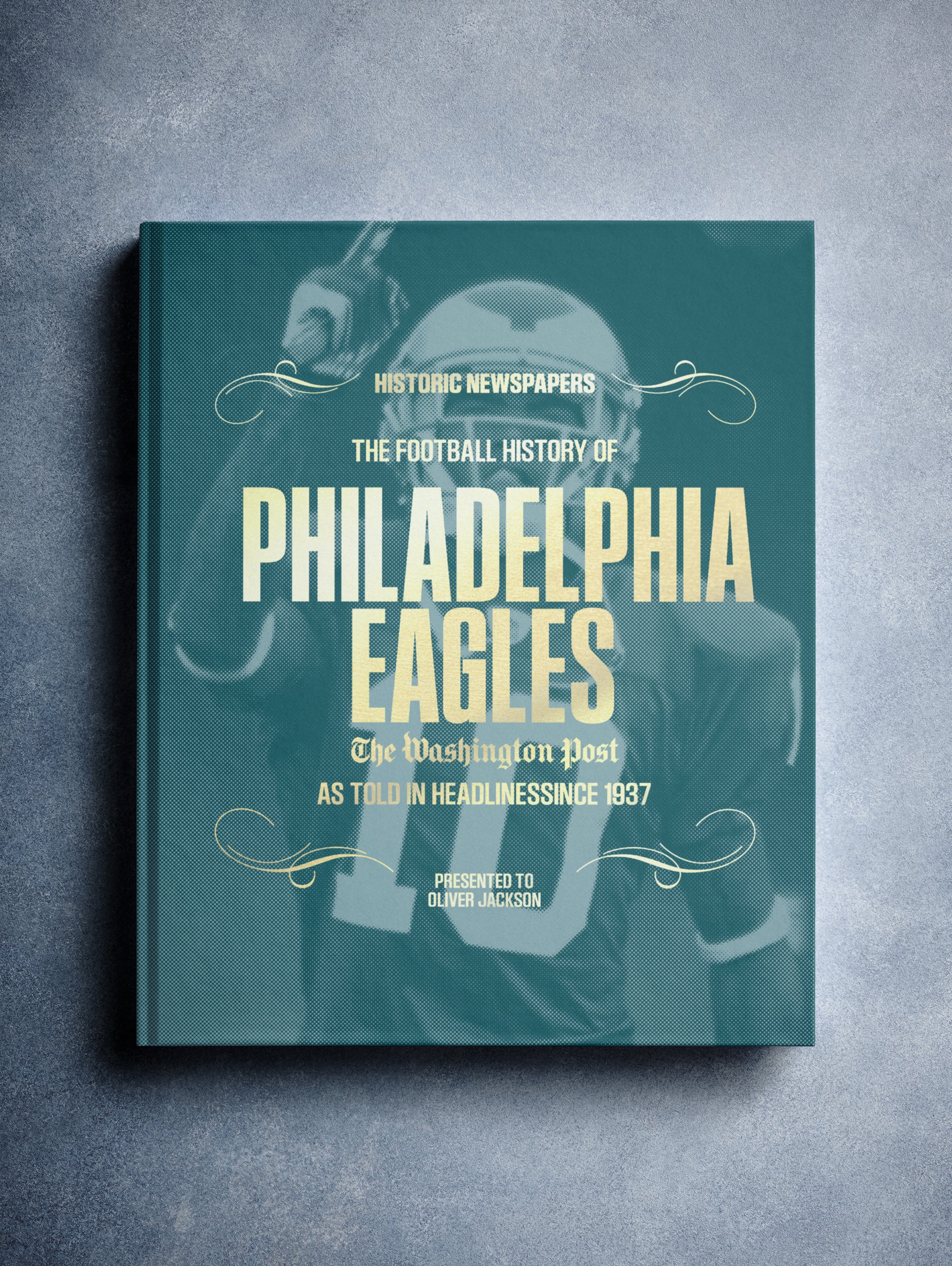
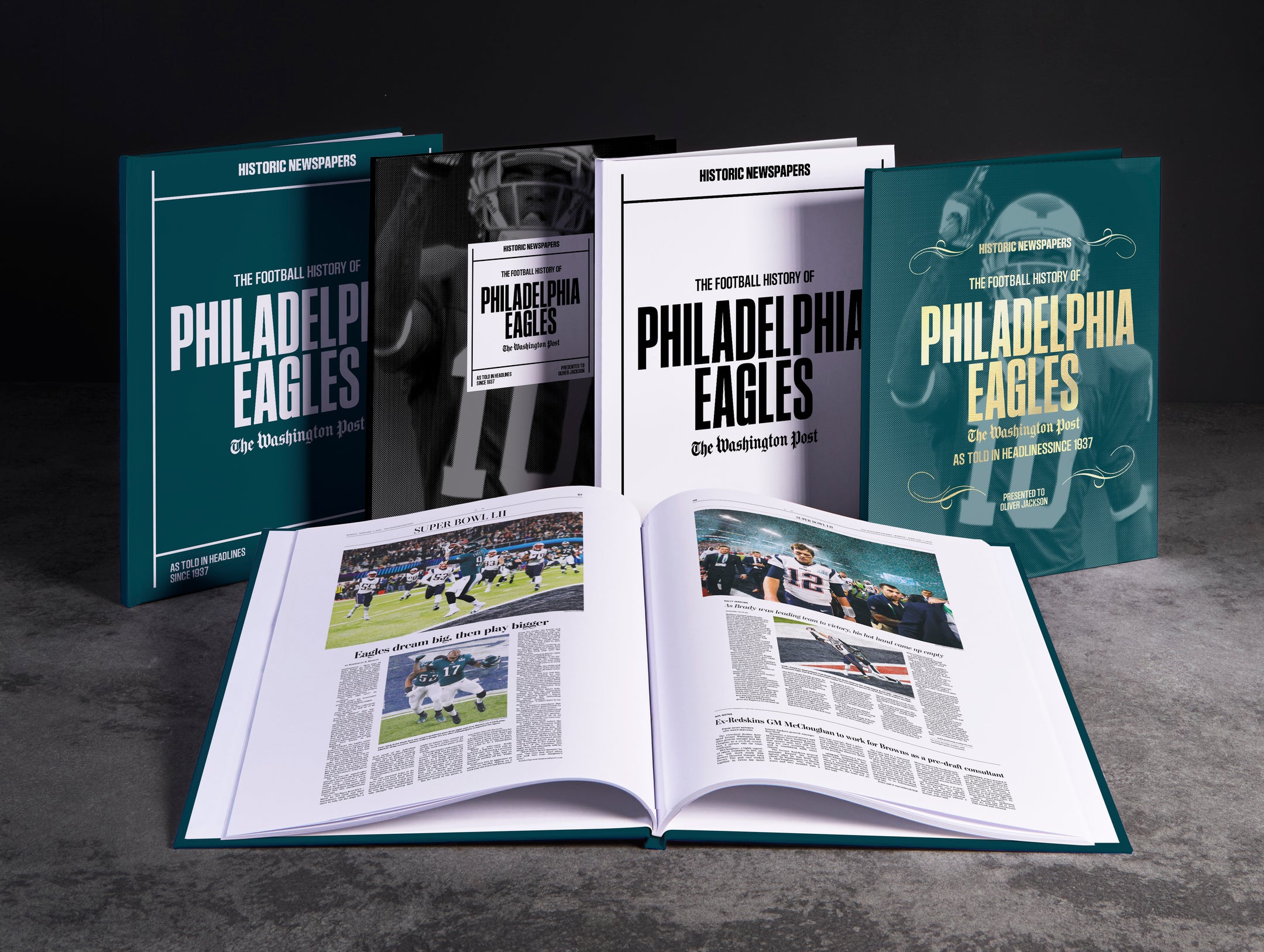
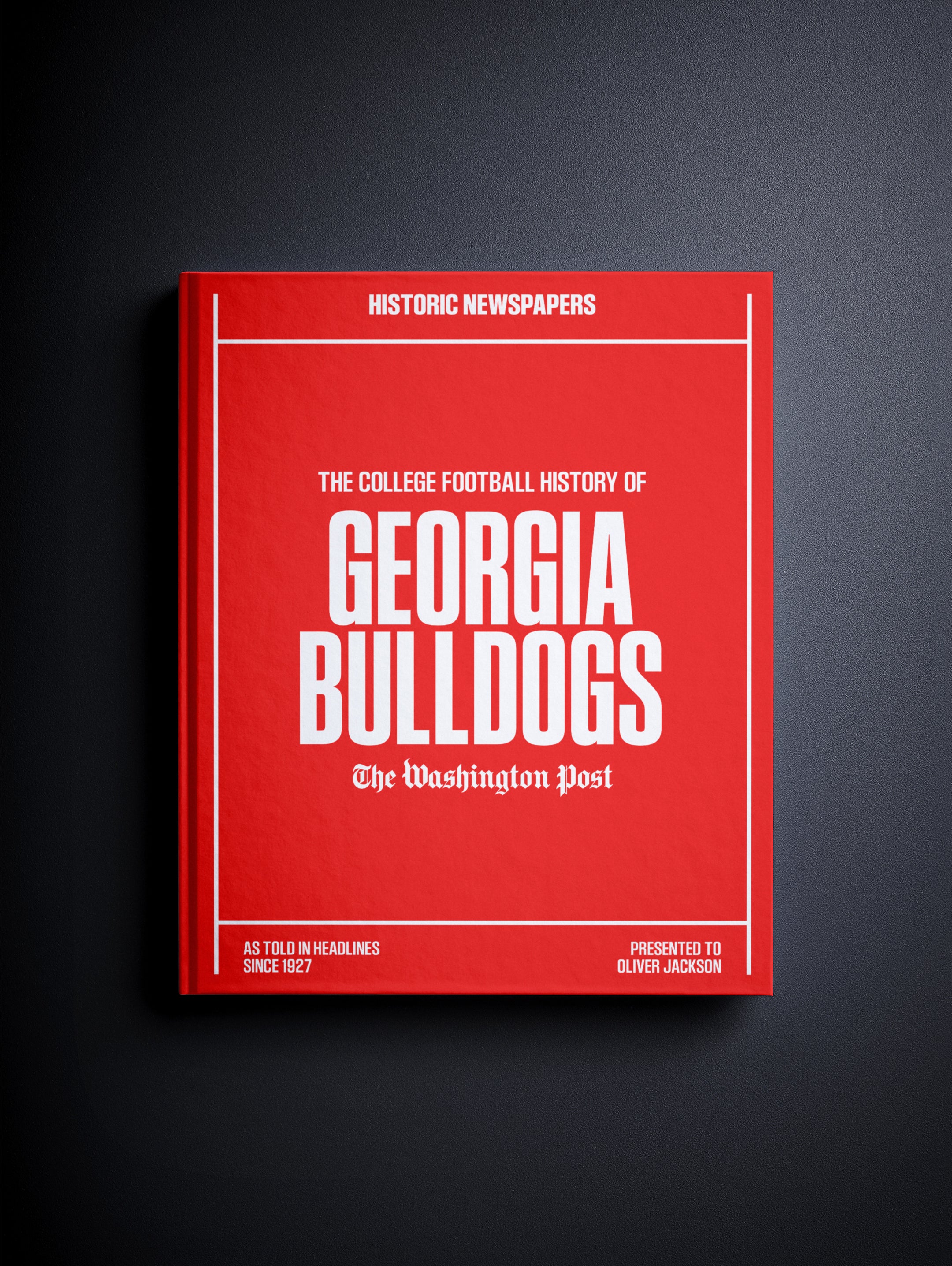
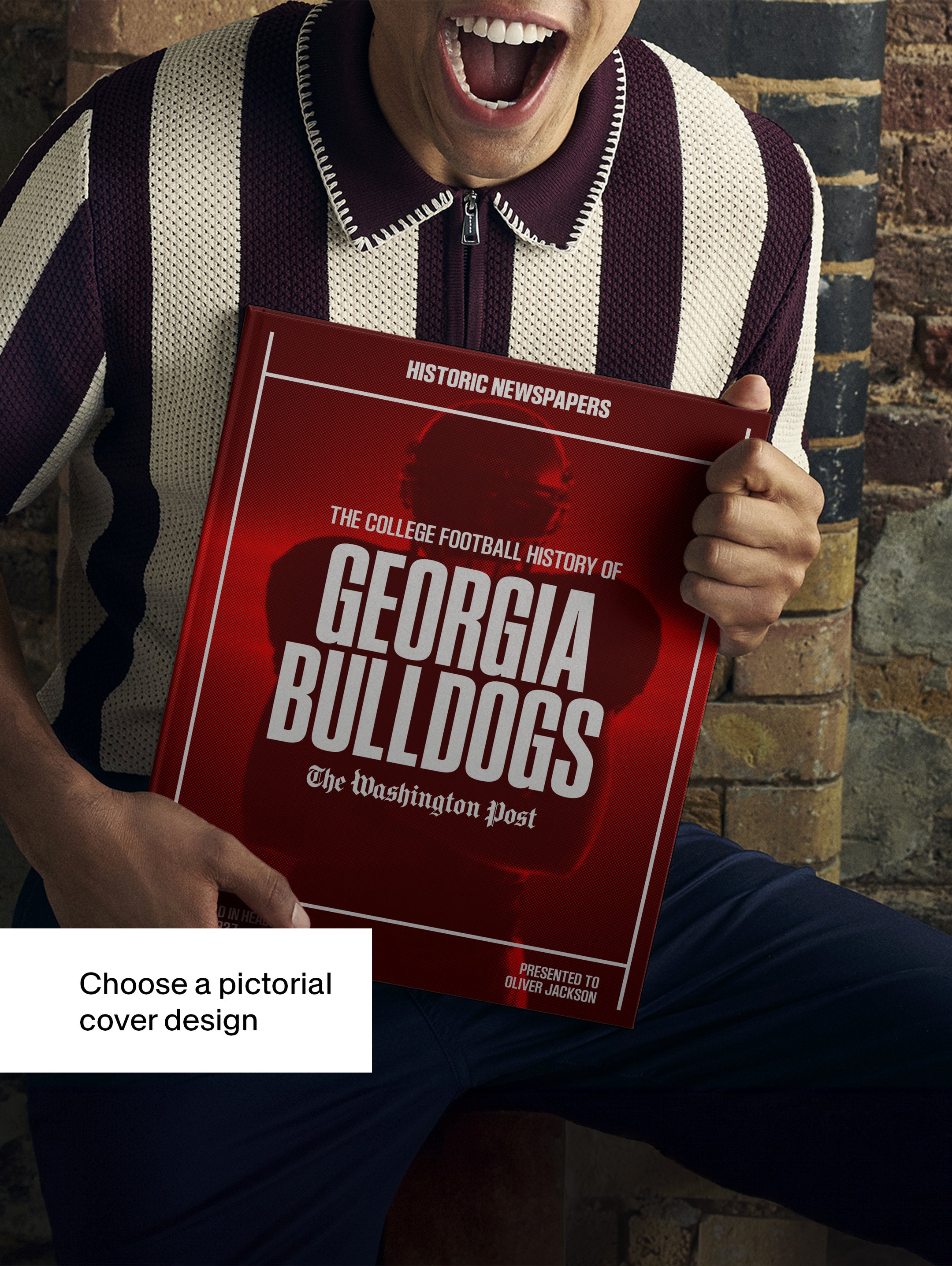
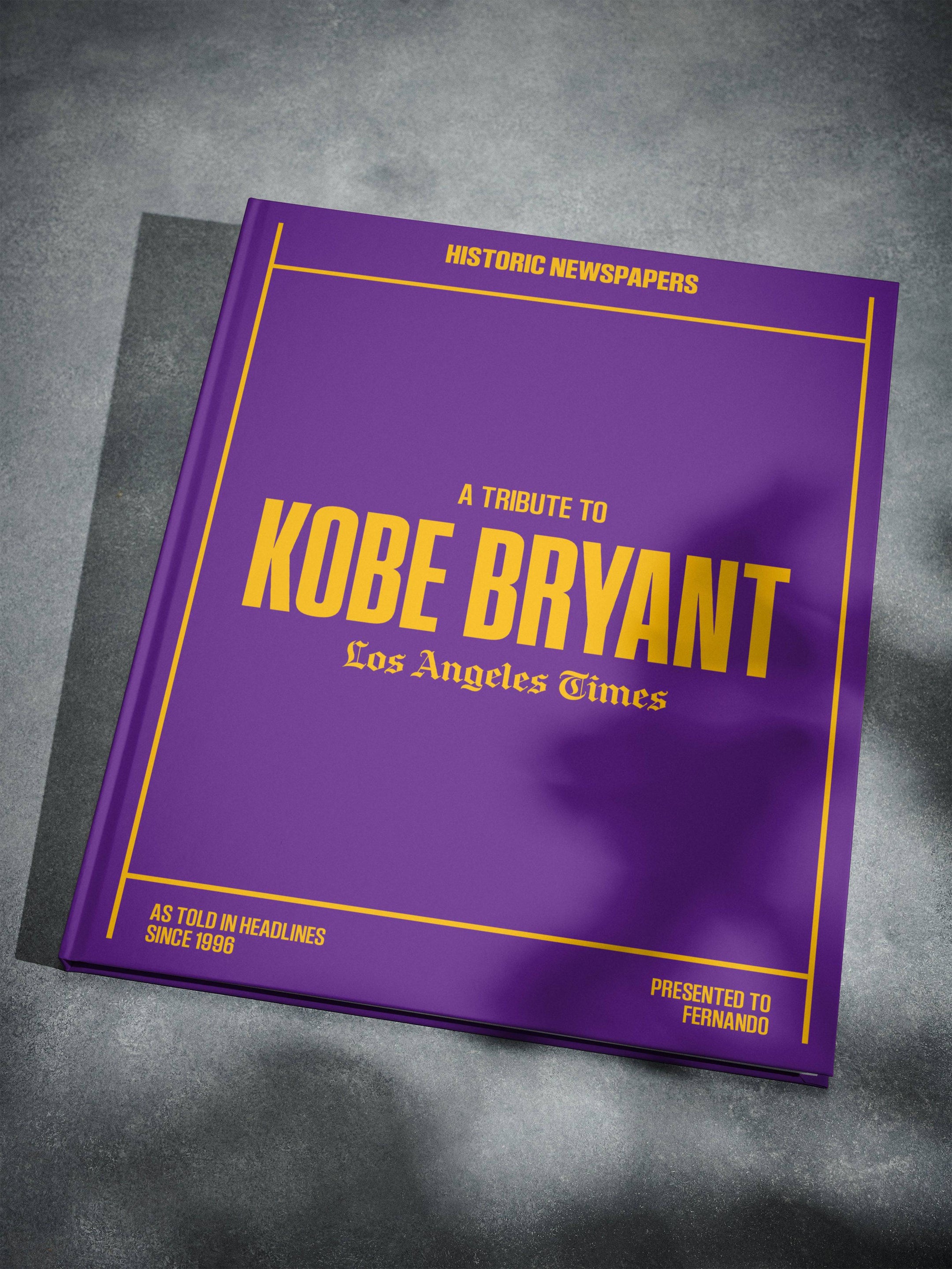
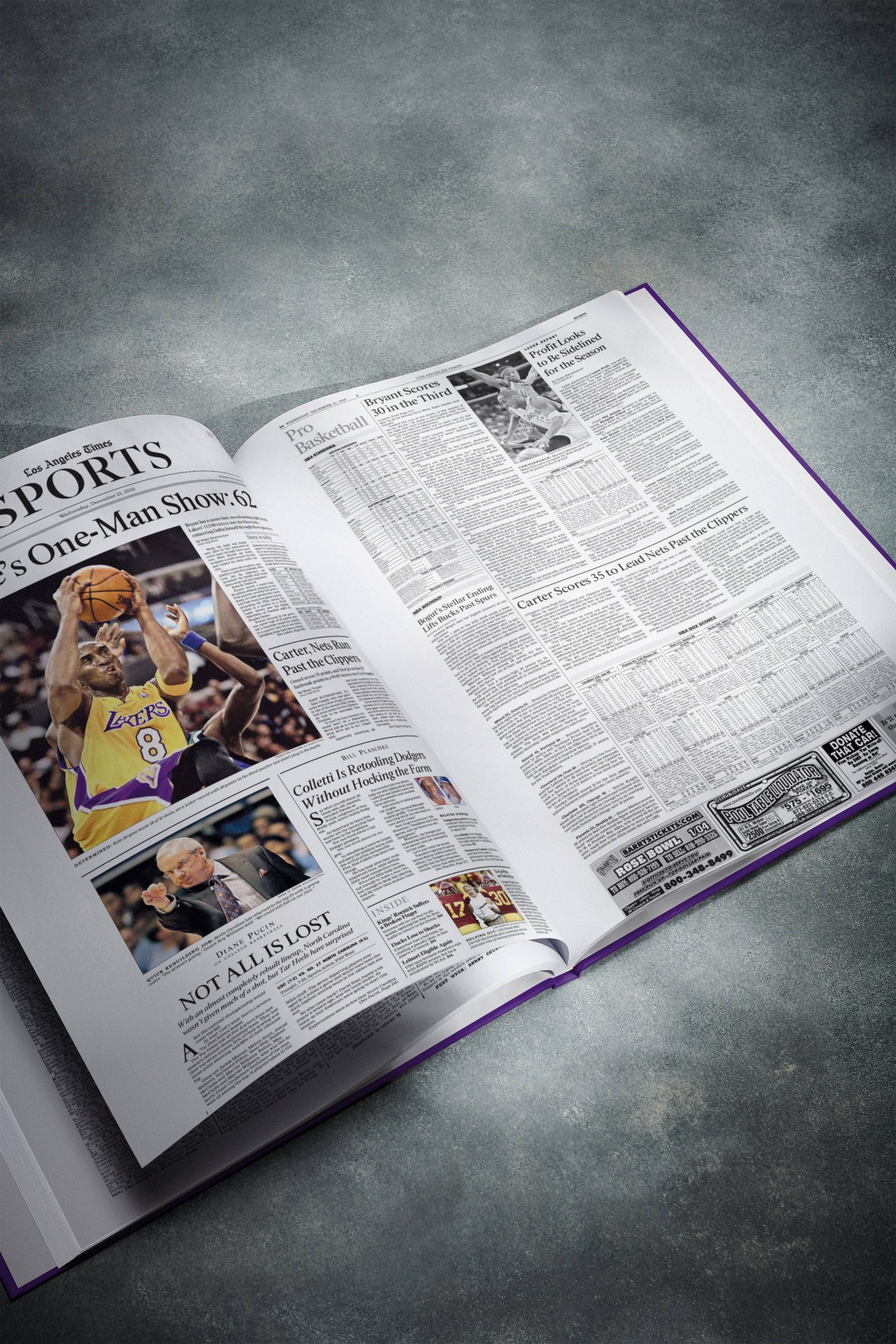
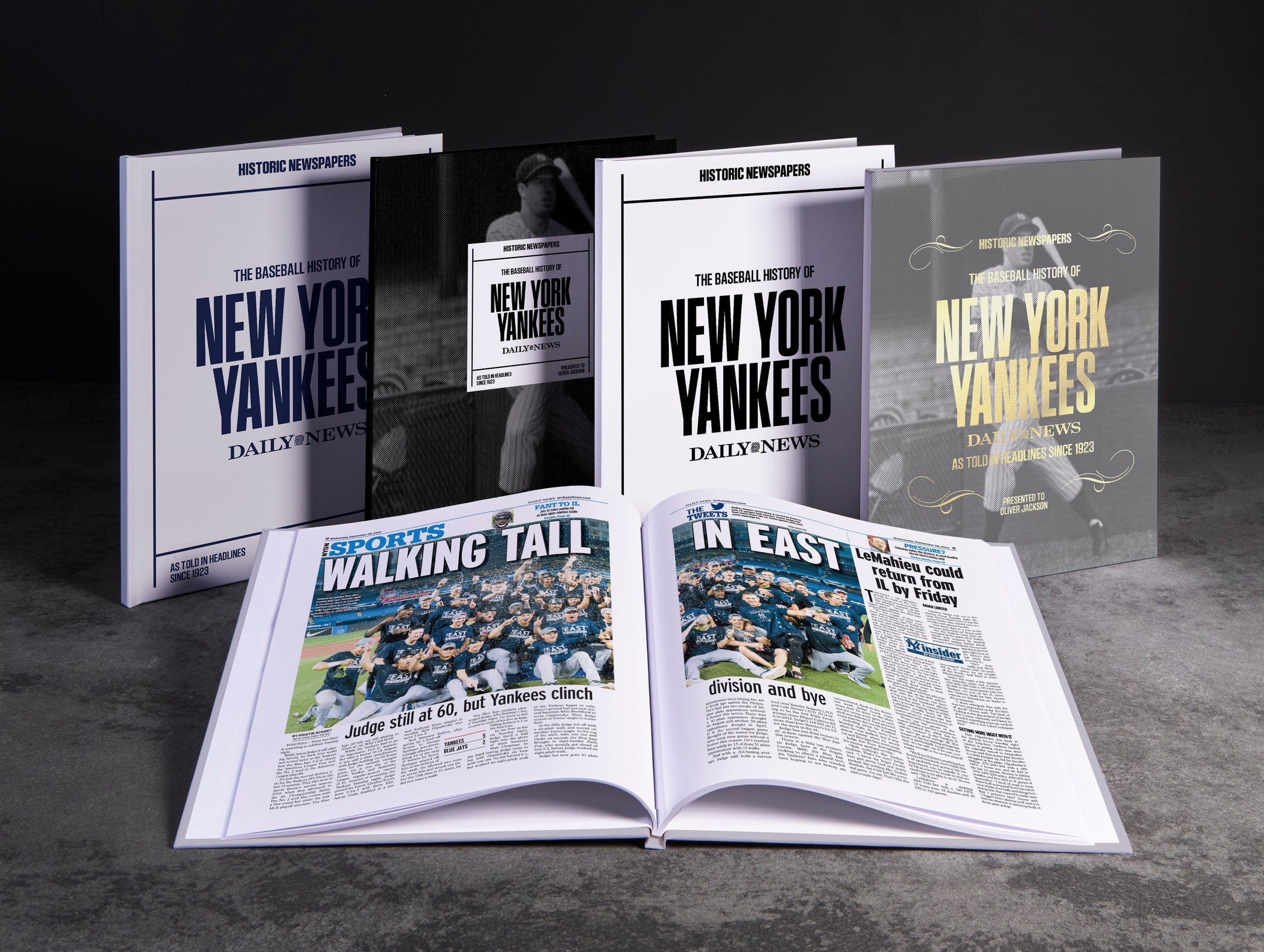
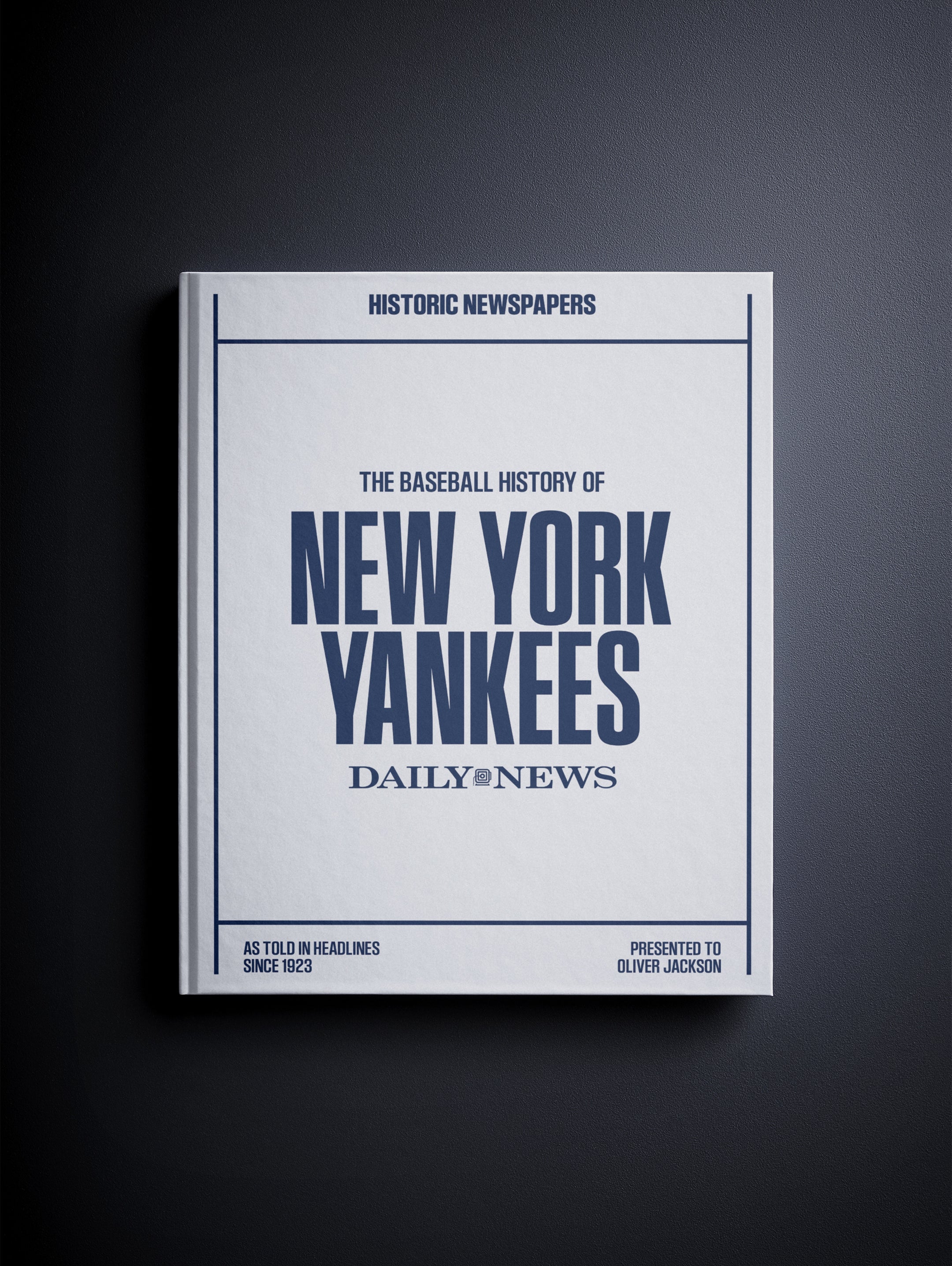
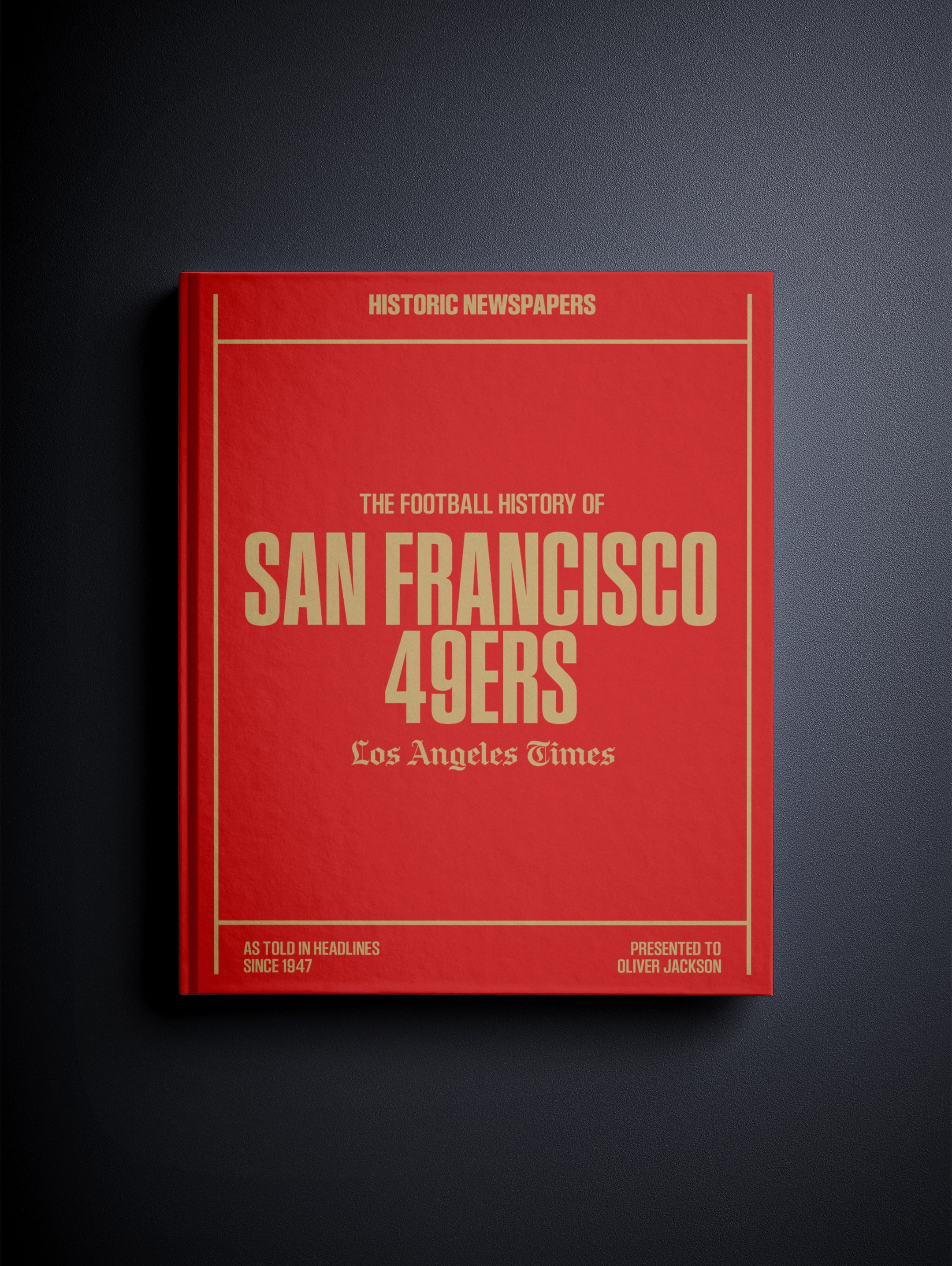
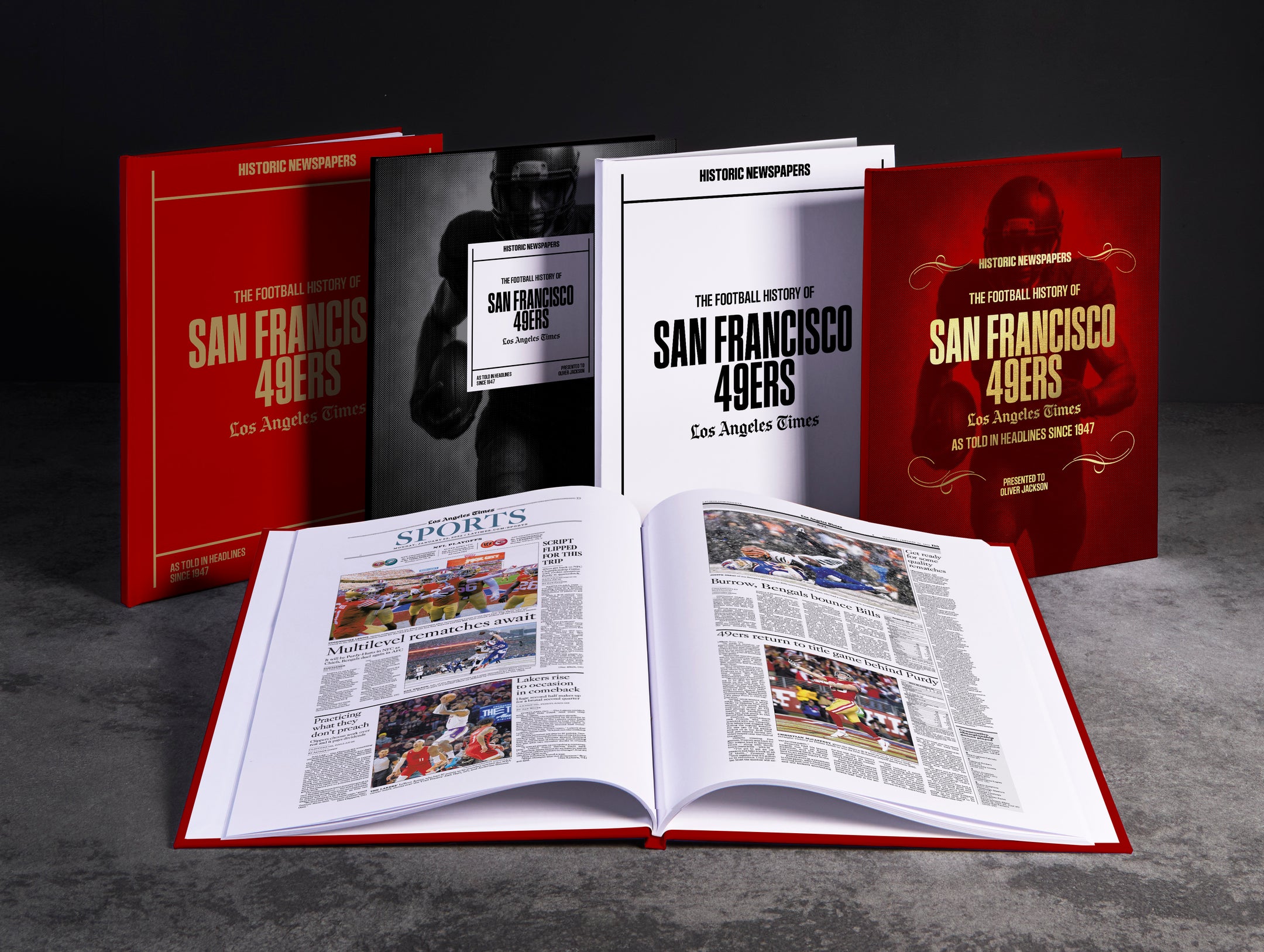
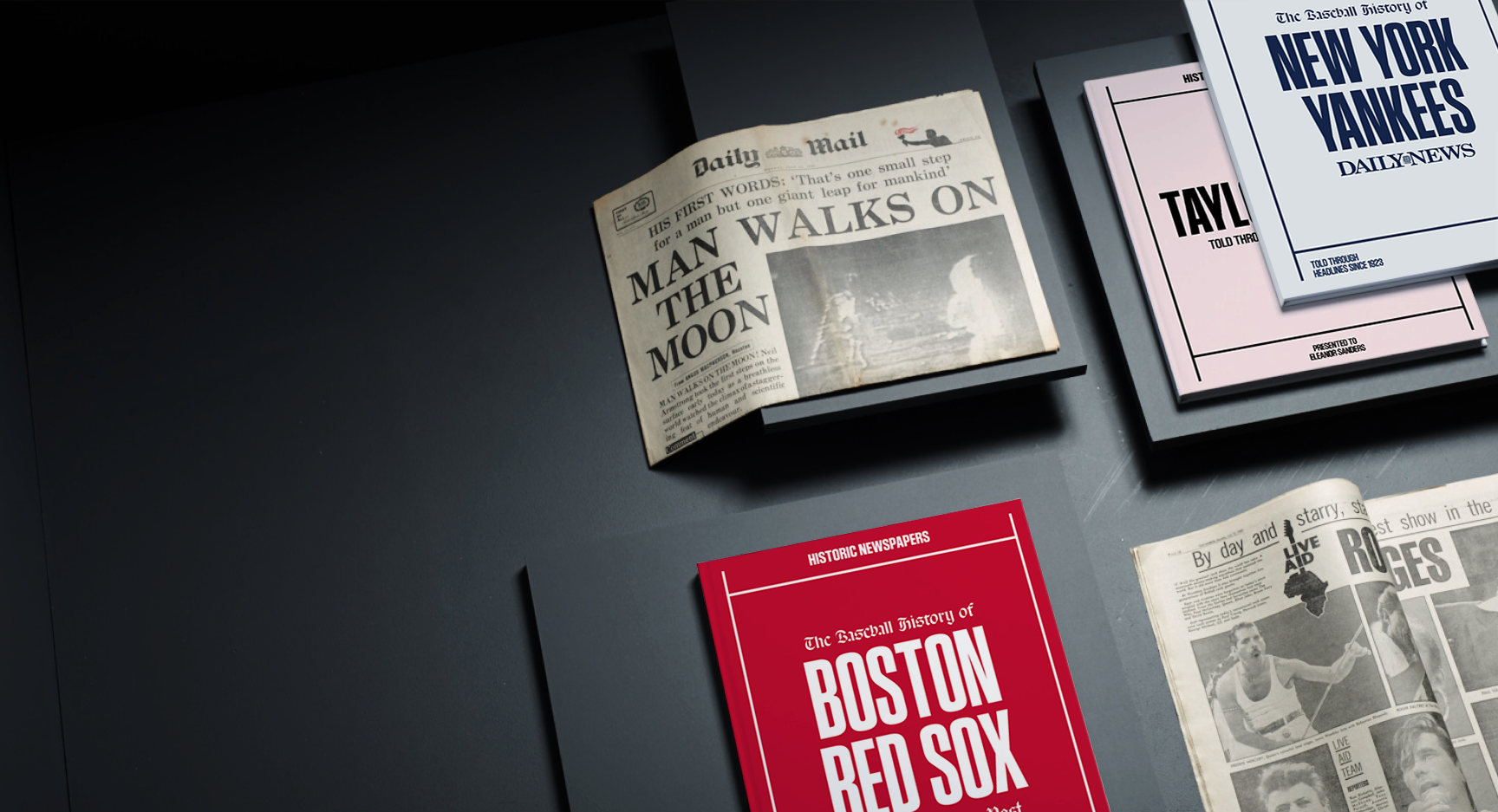
Follow us